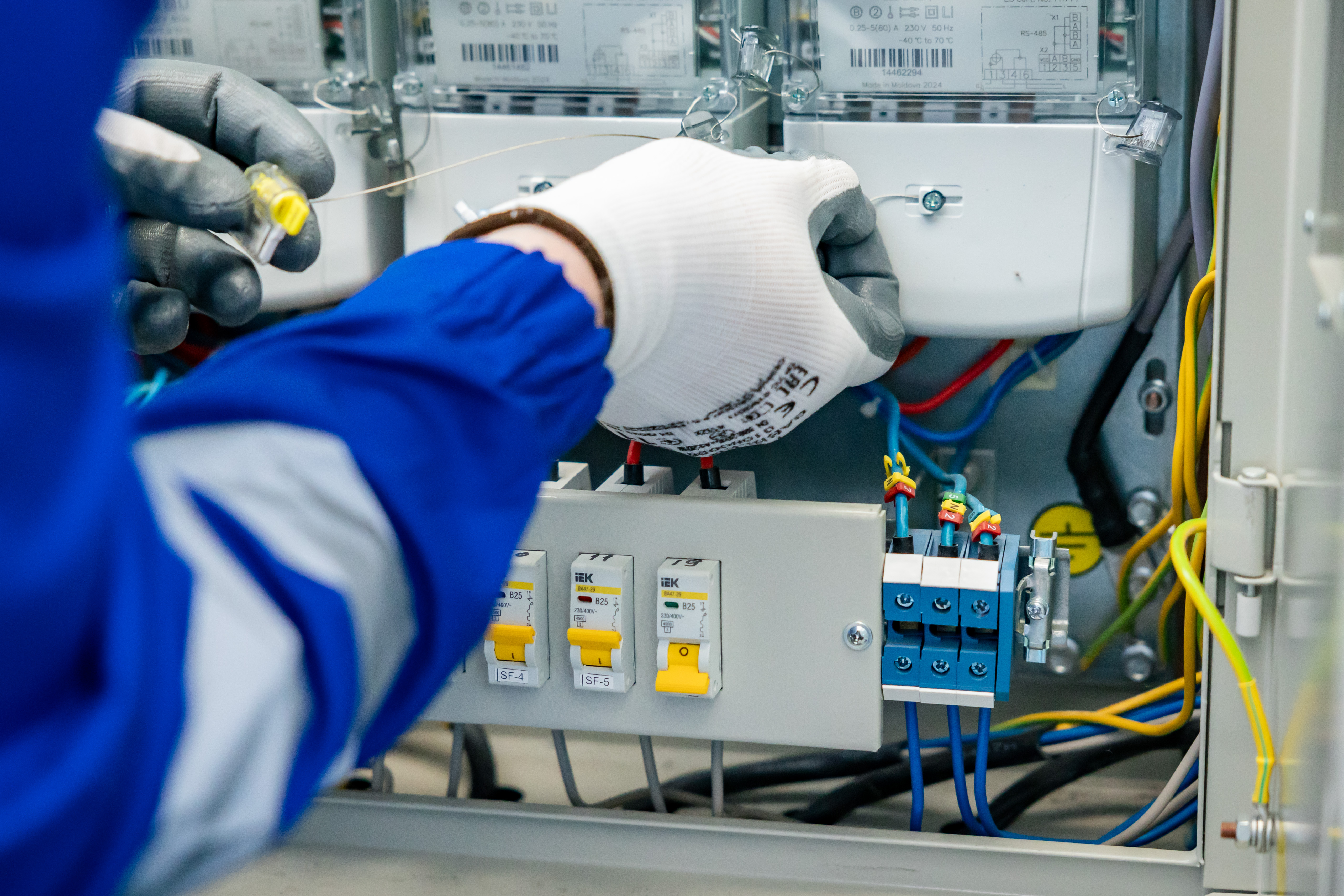A new batch of smart meters will be installed for over 14,000 consumers with support from Italy and UNDP
January 2, 2025

The digitalization of the energy sector in the Republic of Moldova continues with the delivery of the second batch of smart meters to distribution operators - Premier Energy Distribution and RED Nord. This initiative is financed by the Government of Italy through UNDP Moldova. Launched by the Ministry of Energy in 2023, in partnership with the United Nations Development Programme in Moldova, the pilot programme aims to create a resilient energy infrastructure, enhance operational efficiency, reduce energy dependency and align with European standards.
Starting in February 2025, Premier Energy Distribution will install 9,085 smart meters for residential and commercial consumers within its Central-Southern distribution network. Meanwhile, RED Nord will install 5,344 smart devices across its Northern distribution area. In addition to the meters, essential equipment for the advanced metering infrastructure has been delivered, including data concentrators, servers, communication modules, and other components critical for the automated transmission and processing of energy data.
This phase builds upon the initial stage, during which 3,000 smart meters were installed. By the end of 2025, a total of 32,000 smart meters are expected to be installed. The 35,000 meters installed with Italian funds represent 3% of Moldova's 1.4 million electricity consumers.
“Electrification of the energy sector is inevitable in the transition to a low-carbon economy and smart grids play a crucial role in integrating intermittent energy sources while ensuring a stable supply. The smart metering project marks the first step towards the digital transformation of the energy sector. Beyond enabling real-time data readings, the liberalization of the energy market will allow consumers to benefit from differentiated tariffs, giving them greater control over their electricity consumption. We are confident that the pilot project will deliver positive results, encouraging stakeholders in the energy sector to invest further in digitalization,” stated Cristina Pereteatcu, State Secretary at the Ministry of Energy.
The places of consumption for installing smart meters are selected based on predefined algorithms considering criteria such as geographic location, population density, energy vulnerability levels, socio-economic status, and the availability of existing technical infrastructure.
Smart meters will bring benefits for both consumers and electricity distribution operators. These devices measure and transmit energy consumption data in real-time, securely and without errors to the energy distributor, eliminating the need for physical meter readings. For data transmission, the smart metering system uses overhead power lines with PLC (Power Line Communication) technology and mobile operator services. Centralized data is transmitted to a control system, enabling analysis of consumer behavior trends.
At the same time, smart meters will allow distribution operators to monitor better energy flows and quality parameters, identify faults, restore services more quickly in case of incidents, facilitate the integration of renewable energy sources and introduce flexible tariff structures based on consumption times.
The data already collected under the pilot programme is being analyzed and will be used to develop new informed policies, test differentiated tariffs.
In the European Union, more than half of the meters are smart, resulting in up to a 15% reduction in commercial energy consumption in the network and a 5% reduction in technical consumption. Smart grids are driven by the global need to minimize energy use, eliminate resource waste, and mitigate the effects of global warming.

 Locations
Locations



